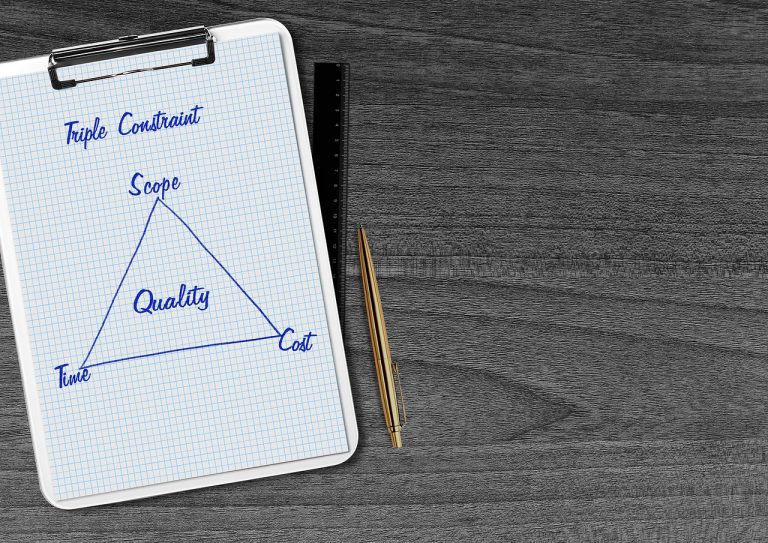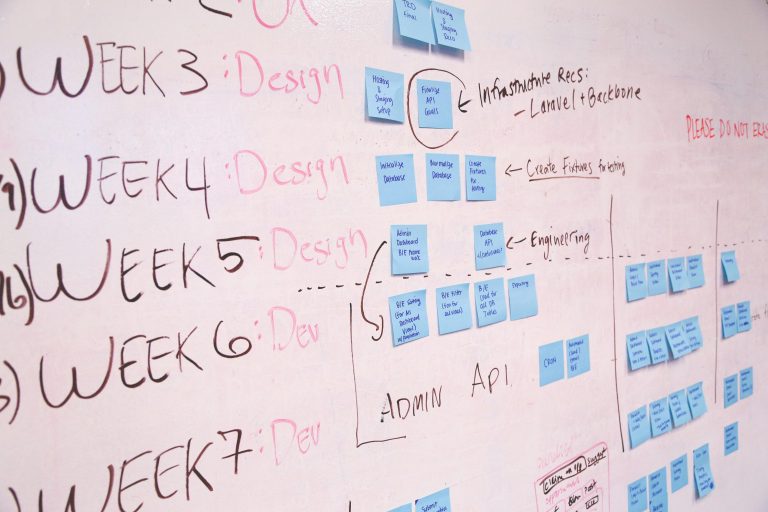The Crucial Role of Proper Planning in Project Management: Key Tips for Effective Planning
In the realm of project management, success isn’t just about executing tasks—it’s about meticulous planning that lays a solid foundation for achievement. Whether you’re launching a new initiative or overseeing a complex endeavor, effective planning is the cornerstone of achieving project goals efficiently and minimizing risks. In this article, we delve into why planning is crucial and provide actionable tips to enhance your planning process.
Why is Planning Crucial in Project Management?
- Clarity of Objectives: Planning helps define clear project objectives, scope, and deliverables right from the start. This clarity ensures that all team members understand what needs to be achieved, reducing confusion and misalignment.
- Resource Allocation: Proper planning allows for efficient allocation of resources—time, budget, manpower, and materials. It helps in identifying potential bottlenecks and resource constraints early on, enabling proactive management and optimization.
- Risk Management: Through planning, project managers can identify and assess potential risks and develop strategies to mitigate them. This proactive approach minimizes the impact of uncertainties and enhances project resilience.
- Timeline and Milestones: Planning establishes a realistic project timeline with key milestones. This timeline serves as a roadmap, guiding the team in prioritizing tasks, tracking progress, and meeting deadlines effectively.
- Stakeholder Engagement: Effective planning involves engaging stakeholders early in the process, gaining their buy-in, and managing expectations. This fosters a collaborative environment and ensures alignment with organizational goals.
Tips for Effective Project Planning
- Define Clear Objectives and Scope:
- Tip: Use the SMART criteria (Specific, Measurable, Achievable, Relevant, Time-bound) to define objectives. Clearly outline the project scope to prevent scope creep.
- Create a Detailed Work Breakdown Structure (WBS):
- Tip: Break down the project into smaller, manageable tasks and sub-tasks. Organize them hierarchically to visualize dependencies and sequence.
- Estimate Resources and Allocate Tasks:
- Tip: Identify and allocate resources (human, financial, and material) based on task requirements. Use historical data or expert judgment for realistic estimations.
- Develop a Realistic Timeline and Schedule:
- Tip: Sequence tasks logically and create a project schedule with milestones. Consider dependencies and critical paths to identify potential delays early.
- Risk Assessment and Mitigation Strategies:
- Tip: Identify risks, assess their likelihood and impact. Develop contingency plans and assign responsibilities for risk management. Regularly review and update risk assessments.
- Communication and Stakeholder Management:
- Tip: Establish a communication plan to ensure stakeholders are informed regularly. Address concerns and maintain transparency throughout the project lifecycle.
- Monitor Progress and Adapt:
- Tip: Implement robust monitoring mechanisms to track progress against the plan. Use project management tools to visualize data and adjust plans as necessary.
- Review and Learn:
- Tip: Conduct regular reviews to evaluate progress, identify lessons learned, and make necessary adjustments. Document successes and areas for improvement for future projects.
Conclusion
Effective project planning is not merely a preparatory phase but a strategic endeavor that significantly influences project outcomes. By investing time and effort in meticulous planning, project managers can enhance project success rates, mitigate risks, and optimize resource utilization. Incorporate these tips into your planning process to pave the way for smoother project execution and achievement of organizational goals. Remember, a well-planned project sets the stage for success from inception to completion.







